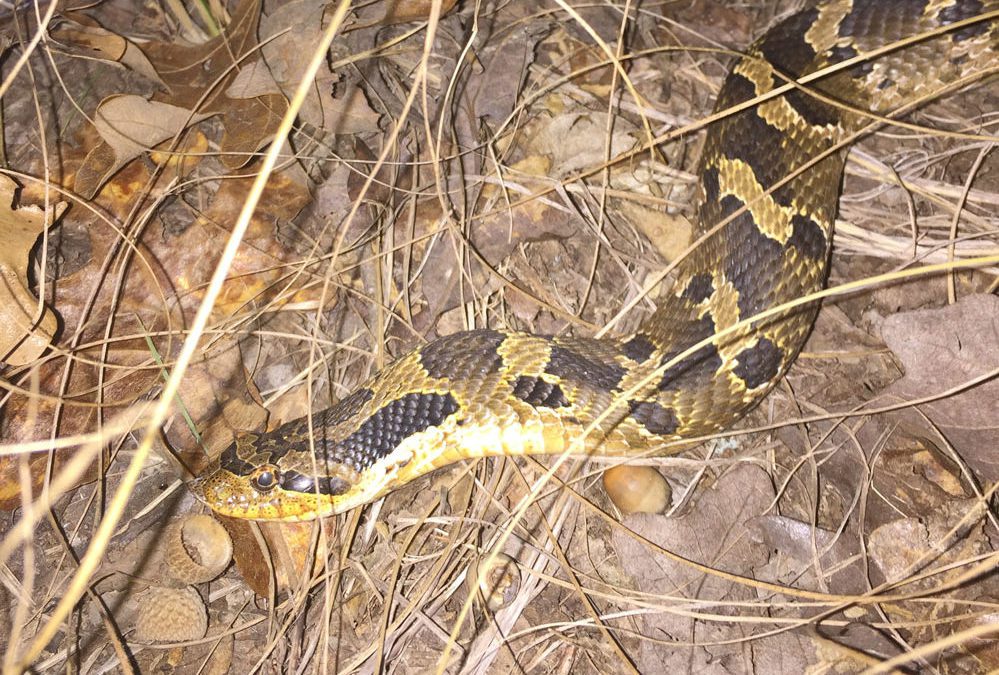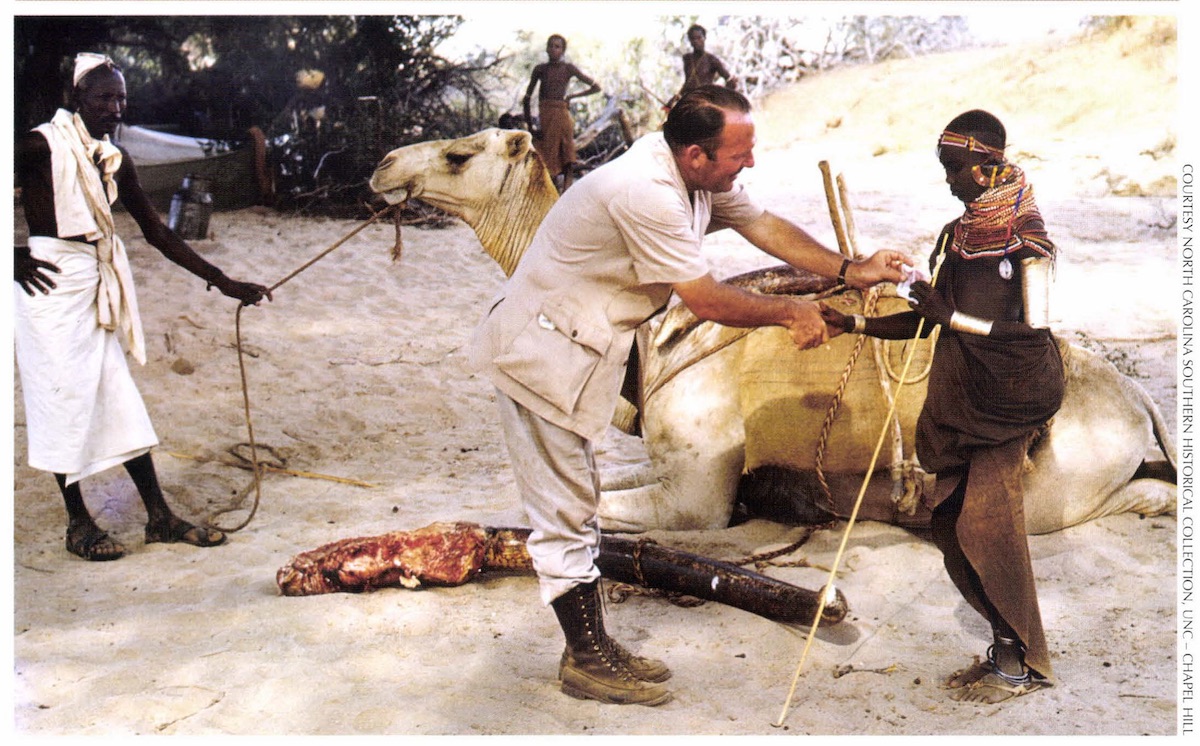Anticipation for hunting season always has me sweating through at least a couple of early archery hunts, but I feel much more comfortable with a rifle in my hands, so it was with high hopes that I made my way to the woods on opening afternoon of Oklahoma’s black-powder season last year.
I’d hunted that morning and seen several deer, but nothing big enough to bring my muzzleloader to the shooting sticks. Afternoon movement was slower, but the shadows were stretching and the magic hour was approaching when I heard something in the leaves behind me. Now I’ve been hunting long enough to know that most of the time those sounds are made by squirrels, not Boone and Crockett bucks, but as the leaves continued to whisper closer and closer to the blind I was sitting in, I decided it was time for a look.
I turned just in time to see the snake slither into the blind.
I was honestly more surprised than scared because by late October snakes should’ve been sound asleep, waiting for warmer weather. The serpent was probably more scared than surprised, though, because as soon as he figured out the blind was occupied, he froze and assessed the situation.
That gave me just enough time to identify him. He was an eastern hognose snake—Heterodon platirhinos for the scientifically minded. Sometimes called a deaf adder or a spreading adder, this was a snake I was well familiar with. And I knew then that my afternoon afield was about to get a lot more entertaining.
First, the snake blew himself up with an internal bicycle pump, flattened the excess skin around his head, and hissed at me. His trick might’ve worked on the uninitiated, but I was an amateur herpetologist as a kid, and I’d seen this act before. Next, he vibrated his tail in the leaves, trying to mimic the buzz of a rattlesnake. Frankly, it was a poor imitation, and as I was fairly certain the hognose had never met a cobra in his life, I couldn’t wait to see what he’d do next.
When I didn’t spook after the show he’d put on, the snake rolled over and played dead, flopping his forked tongue out of his open mouth. A road-shoulder armadillo couldn’t have been more convincing.

Playing dead only works if you don’t know it’s a ruse.
Even then I was fine with sharing my space with him. It wasn’t until he opened his cloaca (posterior orifice) and stunk up the place that he was unceremoniously deposited out of the front window of the blind.
Just a few minutes later I heard the now familiar rustling of leaves and was joined again by my forked-tongued friend. We shared the blind in peace until the sun set on another glorious afternoon.
We may sit ungodly hours in tree or blind waiting on whitetail, but let’s not miss the wonder of other wildlife we share the woods with. Even if it’s hissing at us.




